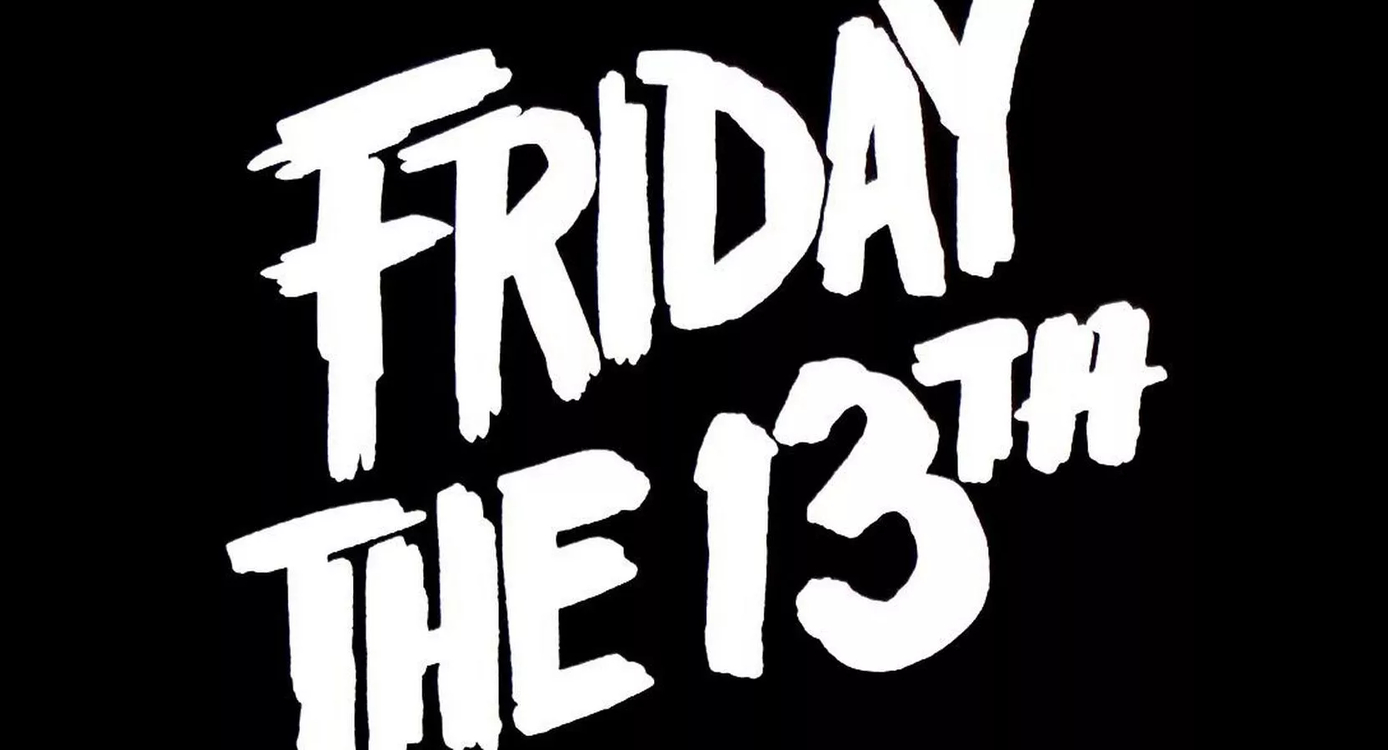News

The Ominous Origins of Friday the 13th Superstitions
This Friday marks another occurrence of the infamous Friday the 13th, a date many consider to be the unluckiest day of the year. But why does the combination of Friday and the 13th hold such fearful superstition?
The negative associations of the number 13 date back centuries. In the Bible, Judas was considered the 13th guest at the Last Supper, betraying Jesus. In Norse mythology, the god Loki ruined a dinner party attended by 12 other gods as the 13th guest.
Throughout history, Fridays have also been linked to misfortune - hangings were often held in Britain on "Hangman's Day" aka Friday. However, Good Friday is seen as lucky, marking Jesus's crucifixion.
The specific superstition around Friday the 13th itself seems to be more modern, emerging in the 20th century. The fear even has its own term - paraskevidekatriaphobia!
So this Friday the 13th, don't fret too much if you spill your coffee or have a bad hair day. While the day may feel cursed, having an awareness of the origins of the superstition may help you avoid any self-fulfilling prophesies.
Recommended to read

Taipei Red Expo Hosts The Hottest Adult Expo
TRE has put together top-tier actresses like Yua Mikami, Emi Fukada, Arisa Hanyu, Sakura Momo, Mei Haruka, Moe Amatsuka, Shao Xiaohu Nan, UNPAI, Liang...
Read more
Get K8 Airdrop update!
Join our subscribers list to get latest news and updates about our promos delivered directly to your inbox.


